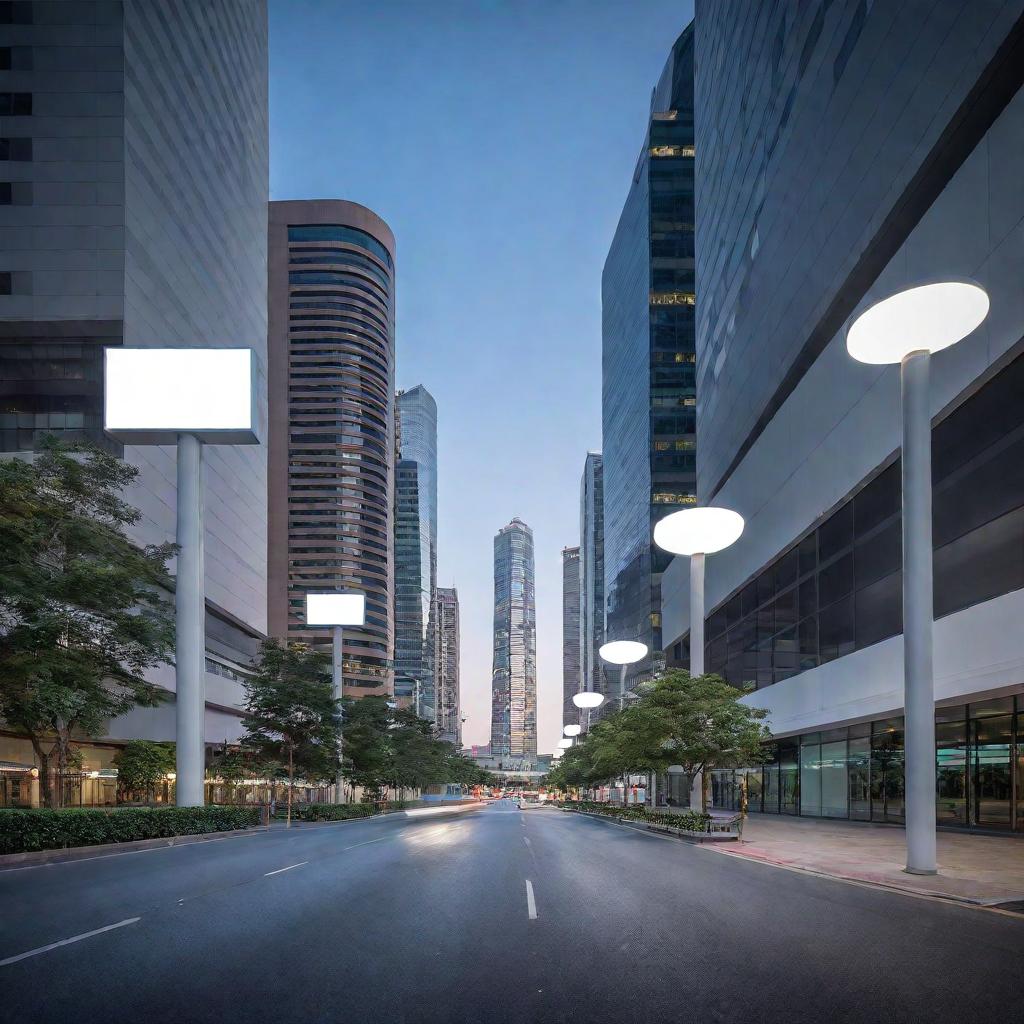
-
19/2/2025
In the evolving landscape of urban living, the integration of artificial intelligence (AI) in smart cities is paving new avenues for how we experience our environments. An AI-driven smart city is not just a vision of the future; it is a transformative reality enhancing the lives of residents through improved infrastructure, efficient services, and sustainable practices.
At its core, a smart city leverages data to enhance decision-making processes, optimize resources, and ultimately, improve the quality of life for its inhabitants. AI plays a pivotal role in achieving these goals by intelligently linking various urban systems and infrastructures. How exactly does AI facilitate this transformation, and what practical impacts does it have on our lives?
- Traffic Management and Transportation: AI algorithms analyze real-time traffic data to optimize traffic light patterns, reducing congestion and travel times. These systems forecast potential traffic snags before they occur, making urban mobility more seamless and less stressful for residents.
- Energy Efficiency: Smart grids, powered by AI, monitor energy consumption patterns and manage distribution efficiently. This adaptive system reduces wastage and balances demand, ensuring a reliable power supply while promoting environmental sustainability.
- Public Safety and Security: AI enhances urban safety through advanced surveillance systems and predictive analytics. By identifying unusual patterns or potential threats, city officials can respond swiftly to maintain public order.
- Waste Management: AI solutions improve waste collection and recycling processes by analyzing waste production patterns. Automated systems can identify the most efficient collection routes, reducing emissions from garbage trucks and promoting cleaner streets.
- Healthcare Accessibility: In AI-enabled smart cities, healthcare delivery becomes more proactive. Predictive analytics help anticipate healthcare demands, ensuring facilities are well-prepared to handle surges. Telemedicine platforms also bridge physical distances, promoting continuous care access.
The true power of AI in smart cities lies in its ability to personalize urban experiences while fostering community well-being. By intelligently analyzing vast datasets, AI tailors solutions that meet specific local needs, from personalizing transportation options to customizing community programs for better citizen engagement.
One notable example is the adoption of AI-driven chatbots that assist residents in obtaining information about city services, report issues, or even guide them through emergency procedures. This not only enhances the government's ability to provide timely services but also fosters a sense of empowerment among citizens, knowing they have direct access to support whenever needed.
AI in smart cities also supports robust environmental management initiatives. For instance, intelligent sensors can monitor air quality in real-time, enabling authorities to enact timely measures in response to pollution spikes. This focus on environmental health is critical as cities grow and adapt to the challenges of climate change.
As we continue to witness technological advancements, the role of AI in smart cities will only expand. It promises a future where urban living harmonizes with technological innovation, crafting efficient, responsive, and sustainable cities that not only meet our needs but significantly enhance our daily lives.
In reflecting on these advancements, it's clear that the journey of embedding AI in smart cities extends beyond mere technological implementation. It's about creating a collaborative ecosystem that involves government agencies, private sectors, and citizens working together towards common goals.
The ongoing evolution of smart cities highlights the endless possibilities AI can offer to enrich urban life. As we look to the future, the continuous integration of AI in city planning and management not only excites technology enthusiasts and industry professionals but also offers an inviting prospect for communities worldwide.
